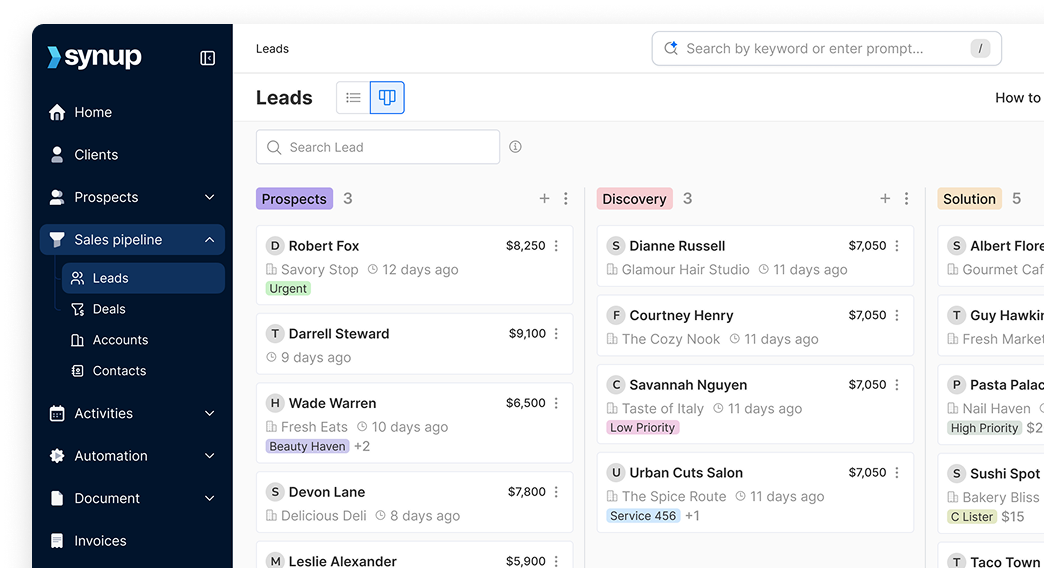So optimieren Sie Ihre lokalen Angebote für Suchmaschinen-Rankings
Optimize your local listings for better search rankings with tips on accurate info, geo-specific keywords, and fresh content and increase your footfall.
1. What is Local SEO?
Local SEO is nothing but a digital marketing strategy that helps you gain visibility via your local audience online. It is achieved through optimizing your content as per your city, and other specific demographics that let you zero in and focus on a particular location. With a proper Local SEO strategy in place, businesses can easily improve their online presence and even get more foot traffic.
2. Why is it Important in 2024?
Lately, all the “Near Me” searches have increased by more than 500% in the past few years. This is not a small number. Local SEO has become huge; the sooner we understand how it impacts your business, the better. That’s why it’s important to have an effective strategy in place that can help you translate all your online traffic into footfall and eventually, more sales.
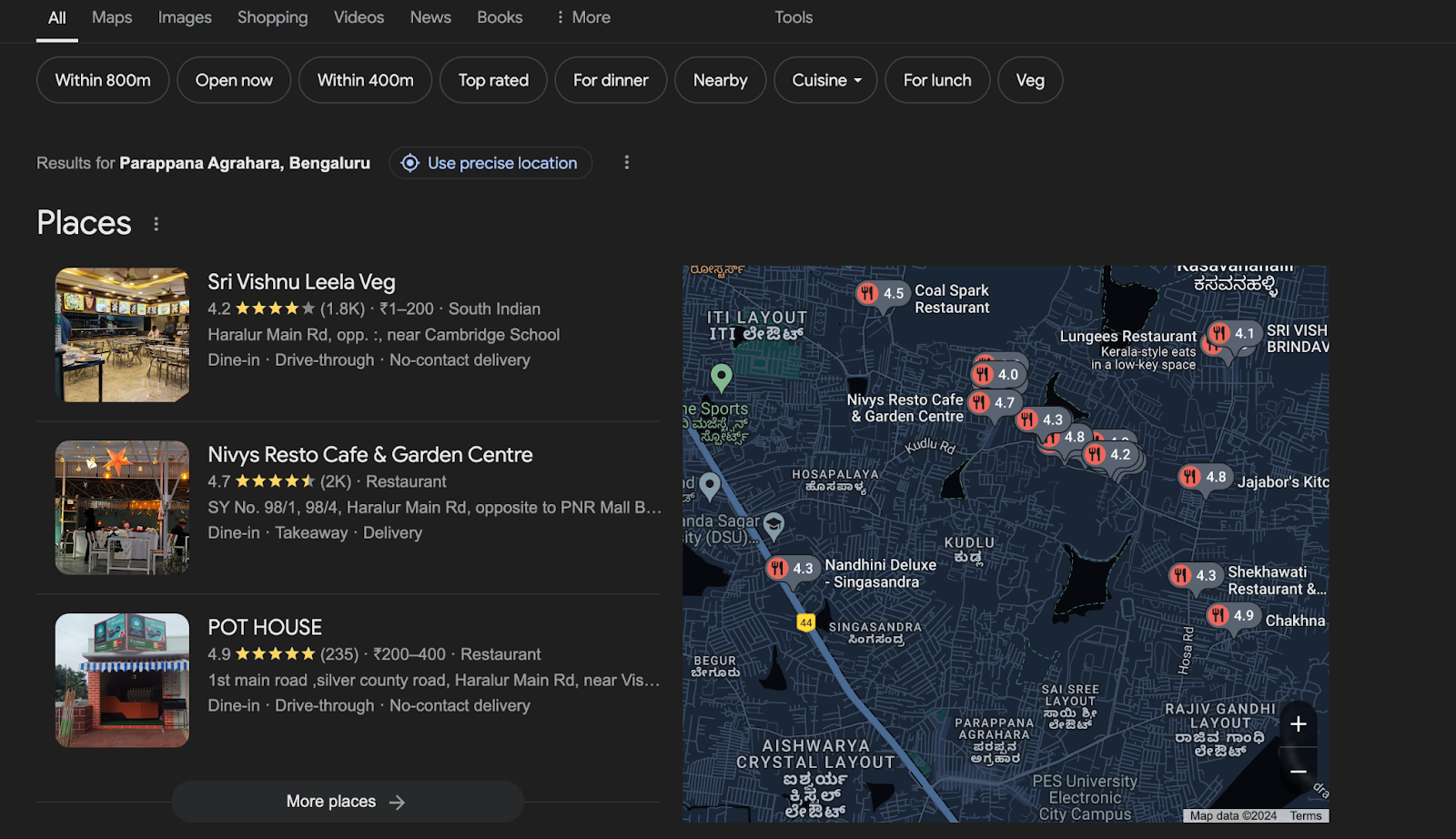
3. What are Local Listings?
Local listings are online entries that provide information about a business’s location, contact details, and other relevant data. They are designed to help consumers find local businesses through search engines and online directories. Different types of local listings such as Google My Business (GMB), Bing Places, Yelp, and Apple Maps, and Local Directories such as Yellow Pages, and Waze, along with various others are based on categories and demographics.
How Do Your Local Listings Influence Search Results?
Local listings are an important factor that helps decide how your business shows up in local search results. Here are a couple of reasons as to why they matter:
✅Increase in online visibility
With accurate local listings, your business can appear in local searches and on maps. This makes it easier for customers looking for you online to find you. Also, according to WebFX, 86% of people use Google Maps to find local businesses, followed by Facebook and Yelp.
✅Consistent Information
The information you provide for your business listings has to be consistent throughout. Things like where your business is located, what exactly you sell, directions to reach, and store timings are some of the things one should keep in mind while updating their listing information online., Local listings help search engines understand your business’s location and category, which improves your chances of appearing in relevant local searches. Consistency in your business name, address, and phone number (NAP) across listings reinforces your relevance.
✅Reviews build more credibility
With positive reviews and high ratings, potential customers can easily gain trust and confidence in the local business. This not only helps improve your online visibility but also in turn translates into better foot traffic, referrals, word-of-mouth marketing, and much more. And, since word travels fast, it always ends up being a clear win for your business.
✅Local Map Pack
With optimized listings, your chances of appearing in the Local Map Pack (which looks similar to the first few “Near Me” searches) doubly increase. This drives traffic to your and your offline store easily.
✅Increased CTR
A well-maintained listing can significantly improve your click-through rates by providing accurate, up-to-date information that builds trust with your potential customers. When your business appears in local search results with complete details, positive reviews, and relevant images, it’s more likely to catch attention and encourage users to click through.
✅NAP Consistency
NAP stands for your Business Name, Address, and Phone number. Keeping this information consistent across all local listings is the most important thing for any listing online. Search engines like Google, Yelp, and Bing check this information from different sources to make sure that your business is legit.
✅Local Posts
Platforms like Google My Business let businesses share updates, offers, and events. Regular posts keep your profile active and engaging, making search engines see your business as more relevant for local searches.
Structured Data for Local SEO
What is Structured Data?
Structured data is organized data presented in such a format that helps search engines understand the content and context of your web pages in turn allowing them to understand your local business much better.
How Does Structured Data Benefit Local SEO
Understands your Business Better
When you add structured data to your website - such as your business address, store hours, services being offered, and customer reviews, you give the search engines an opportunity to better understand your business. Be it Google, Bing, Yahoo, or any other search engine. They also help you rank your business for relevant local search results. Besides, Local businesses with structured data often have more detailed Google Knowledge Panels, which appear on the right-hand side of search results. This panel can include important details like your business’s NAP (Name, Address, Phone number), operating hours, reviews, and even direct actions like making reservations or calling your business. This helps potential customers find you more easily.
Helps with Richer Search Results
When you properly implement structured data, your search results show up with much more nuanced information about your local business such as displaying your business hours, directions to your offline store, the kind of services offered by your online store, along with customer reviews and such information. Rich snippets are also much more visually appealing to your potential customers and have resulted in increasing click-through rates (CTR) for a lot of offline stores.
Types of Structured Data for Local Businesses
Several types of structured data are specifically designed for local businesses. Here are some of the most common ones.
- LocalBusiness Schema
This is the foundation for any local business schema markup. It provides general information about your business, such as:
- Business name, address, and phone number (NAP)
- Operating hours
- Website URL
- Accepted payment methods
- Geographic location (latitude and longitude)
- Place Schema
This markup is used to define specific places, including landmarks or business locations. It works well in combination with the local business schema to define the physical location of your business.
- Review Schema
Adding review schema allows search engines to display star ratings, review snippets, and customer feedback directly in search results. This helps with credibility and encourages more clicks.
- Opening Hours Schema
This markup specifies your business’s hours of operation, helping search engines show accurate information to users.
- Product or Service Schema
For businesses selling products or services, you can use product/service schema to highlight key offerings. This allows search engines to display these items in search results, especially for e-commerce businesses.
Influence Of Customer Reviews and Ratings
Improving Your Ranking via Reviews
Reviews are a significant ranking factor in local SEO. Search engines consider the quantity, quality, and frequency of reviews when determining a business’s position in local search results. A steady stream of positive reviews not only improves your visibility but also builds trust with potential customers.
Responding to Reviews
Search engines, particularly Google, value active engagement with reviews. Responding to both positive and negative reviews signals that a business is customer-focused and attentive, which can indirectly impact rankings by improving user satisfaction metrics.
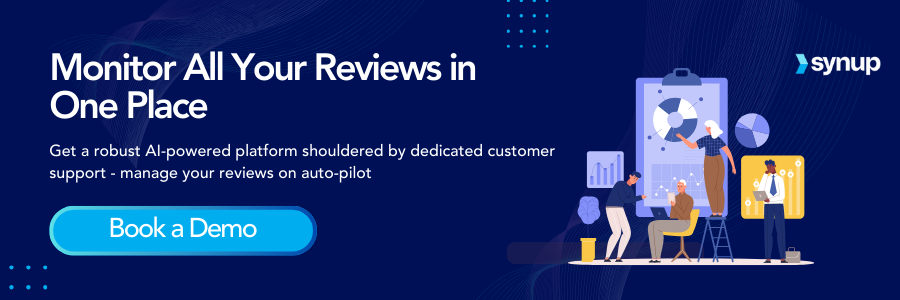
4. Categories and Attributes
Why Do Categories Matter?
The primary and secondary categories you choose in your local listings tell search engines what your business is about. By choosing the right category, it helps Google and other search engines match your business to relevant local queries. For example, a bakery that correctly categorizes itself as "Bakery" and "Dessert Shop" has a higher chance of ranking for both search terms, so selecting the right categories for your business makes all the difference.
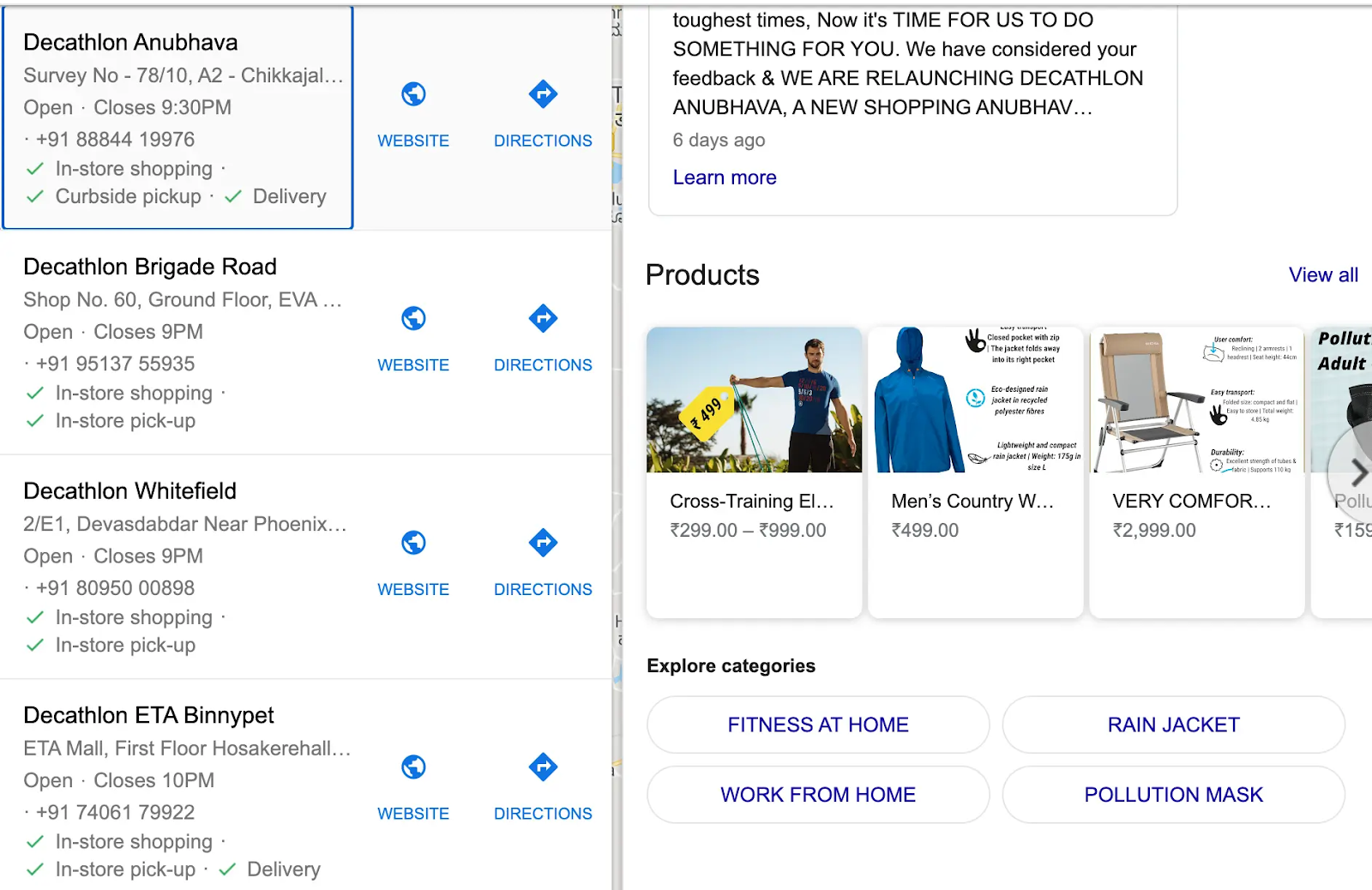
What are attributes and why are they important?
Attributes are nothing but keywords that provide extra information about your business. Such as, "pet-friendly," "offers delivery" etc. provide additional details about your business, making it easier for search engines to match your listing to specific user searches. For example, a restaurant with the “delivery” attribute is more likely to appear in searches for “food delivery near me.” this is why they’re important to update while updating your listing information.
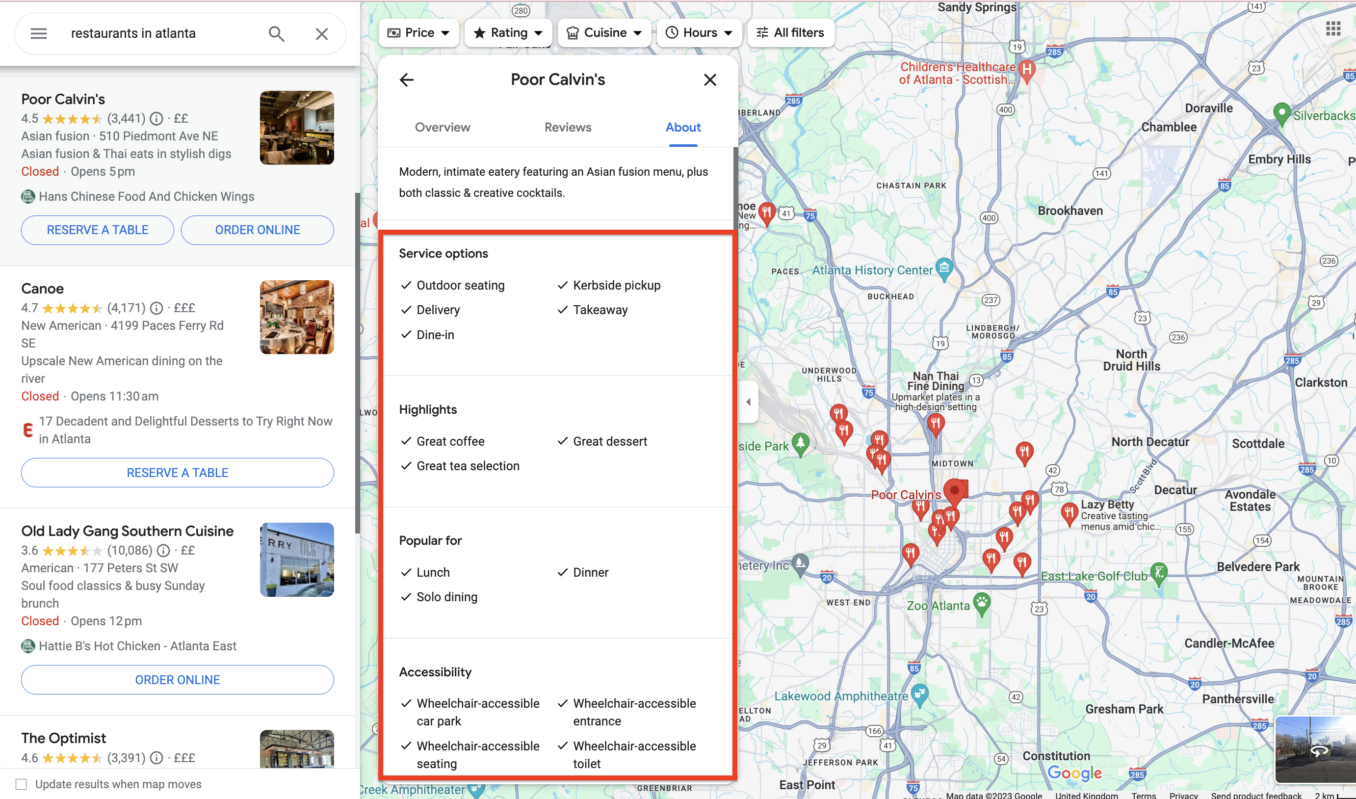
5. Citations and Backlinks, and what role they play in Local Listing Management
Citations and backlinks are essential for managing local listings and improving local SEO. Citations are nothing but, online mentions of your business's name, address, and phone number (NAP) across various directories and platforms. They help search engines verify the business's legitimacy and location, significantly impacting your local search rankings. When it comes to backlinks, on the other hand, they are links from other websites that direct traffic to your site, leading to increasing your site's authority and relevance.
While citations amp up your visibility in local searches, backlinks support broader SEO efforts by increasing traffic. Together, they are a strong pair to help increase your business's online presence, leading to better visibility and customer engagement in local markets.
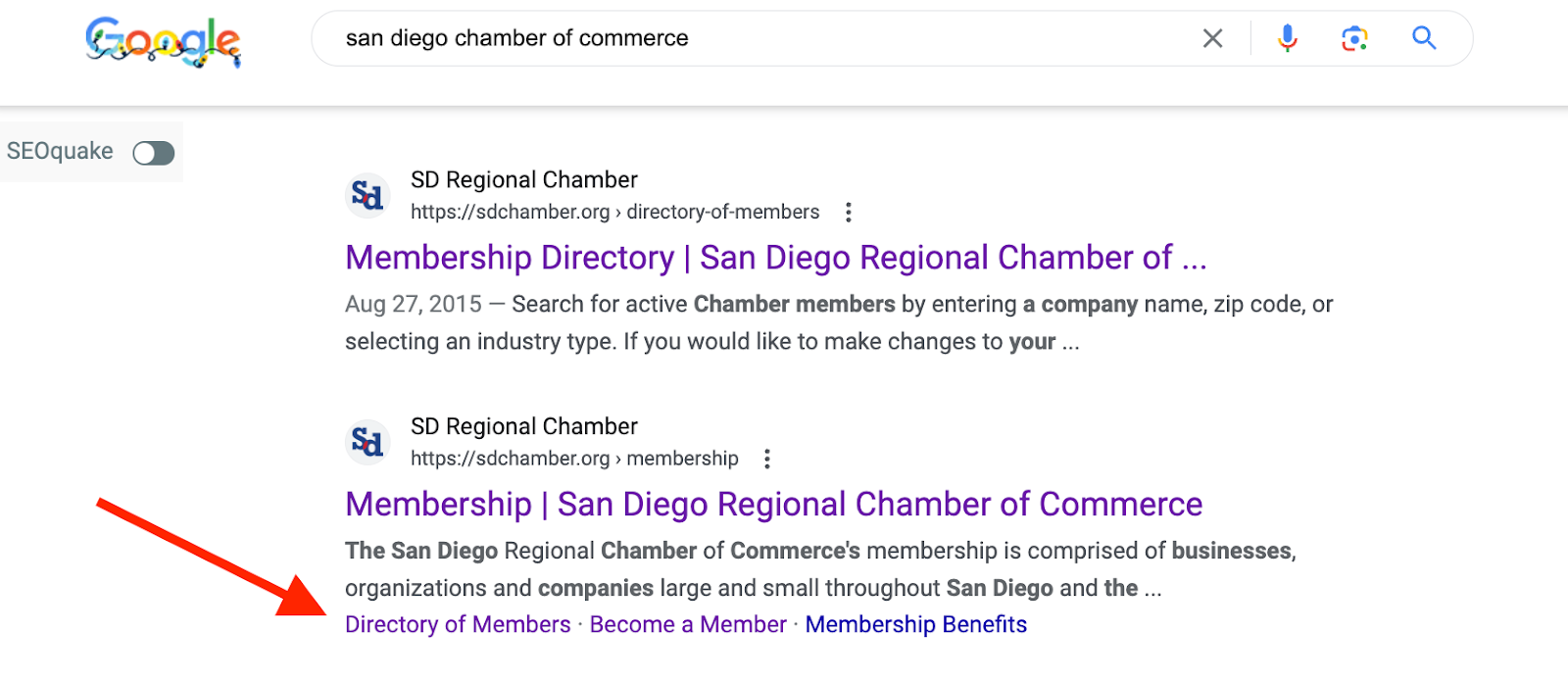
To ensure your business's NAP details are correct and consistent across all your listings, here’s a check-list for you to keep in mind:
✅Regularly check all online platforms where your business is listed, such as Google My Business, Yelp, and other directories. Look for any discrepancies in your NAP information.
✅Update any incorrect or outdated information immediately. This can be done manually or with the help of citation auditing tools like Synup.
✅Use the same format for your NAP across all listings. Ensure that the business name is spelled consistently and that there are no additional keywords included.
✅Verify and claim your business profiles on major directories to maintain control over the information displayed.
✅If you change locations or phone numbers, promptly update all citations to reflect these changes.
✅Ensure that your citations appear on reputable websites to enhance trustworthiness in the eyes of search engines like Google.
By maintaining consistent NAP details, you improve your local SEO performance and increase the likelihood of appearing in local search results.
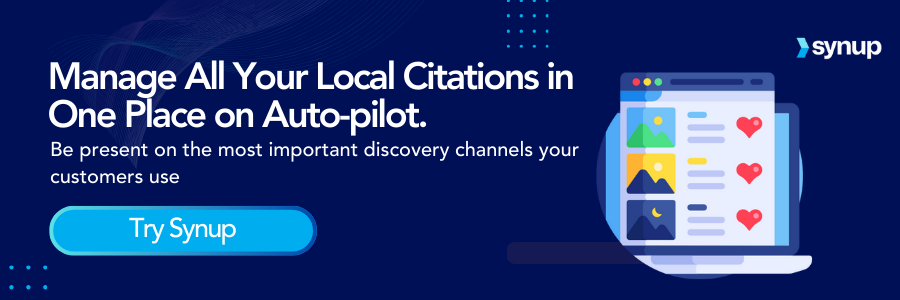
Now, let’s talk a little bit about Backlinks.
To increase the number of backlinks to your website, one can focus on creating high-quality, linkable content that provides some “real” value to your audience. Along with that, what works best is actively engaging in outreach by taking part in expert roundups, guest blogging on reputable sites, and identifying unlinked brand mentions to request backlinks. Make use of broken link building by finding and suggesting replacements for broken links on relevant websites. Promoting your content through social media and online communities can also help attract attention and encourage natural backlinks.
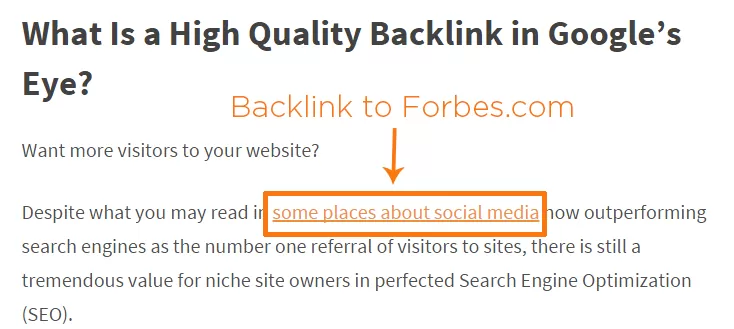
Here’s a checklist that will help you stay on track and be accountable:
✅Create valuable content. Focus on providing some real value to your audience. Make full use of your sources and get the best out there. You can also create complementary guides, infographics, white papers, and collaterals to make your content stand out.
✅You can use tools to find mentions of your brands with broken links or without any links and reach out to them. Make use of Google Alerts, Mention, and BuzzSumo, tools like these could come in handy.
✅Participating in expert round-ups or contributing quotes and your insights to industry round-ups also matters a lot and speaks for itself when trying to build content authority.
✅For sites that are relevant to you, posting guest blogs and authoritative articles will work wonders for your website!
✅Find links that are broken across relevant sites and suggest contributing your thoughts and ideas on the same, this works as a replacement and also helps you get a backlink very easily.
✅Lastly, you can also look at creating more relevant content on social media and distributing your content across online communities to help get more eyeballs. This helps with link-building and at the same time, also increases your website traffic.
6. Geo-Targeting
Geotargeting refers to delivering different content or advertisements based on a user’s geographic location. For local businesses, geotargeting means tailoring your online presence to attract customers from specific local areas where your services are available.
Geotargeting is a powerful local SEO tool because search enginesuse location data to provide users with the most relevant results based on their physical location.
When users search for businesses or services, these search engines prioritizes listings that are geographically close to them. This is why you often see the “local pack” or map results at the top of search pages when searching for terms like “coffee shop near me.”
Including geo-specific keywords
Keyword such as, “New York bakery,” “Boston plumbing services”, “Restaurants Near Me” in your local listing’s business description, posts, and content helps search engines match your business to users searching for services in a particular area.
With the help of geo-targetting one can easily attract local customers, make sure that their ads and their content are shown to people in the right locations, which improves their conversion rates drastically and reduces irrelevant clicks. It is also a great way to optimize your content for voice based searches.
Tools wie Synup hilft Unternehmen bei der Optimierung der sprachbasierten Suche mit Assistenten wie Siri und Alexa, die bei lokalen Suchanfragen immer beliebter werden. Synup stellt sicher, dass Ihre Unternehmensinformationen korrekt und konsistent sind und geospezifische Keywords in allen Einträgen enthalten. So können Sprachassistenten leichter die richtigen Ergebnisse finden und liefern, wenn Nutzer nach Diensten in meiner Nähe oder in einem bestimmten Gebiet fragen.
Eine Demo buchen hier.
7. Halten Sie Ihre Angebote auf dem neuesten Stand
Ihre lokalen Angebote auf dem neuesten Stand zu halten, ist ein entscheidender Faktor, um Ihre Sichtbarkeit in den lokalen Suchergebnissen zu erhöhen. Suchmaschinen, insbesondere Google, priorisieren Unternehmen, die ihre Informationen regelmäßig aktualisieren, da dies das Engagement fördert.
Eine der besten Möglichkeiten, Ihren lokalen Eintrag auf dem neuesten Stand zu halten, ist die Verwendung von Plattformen wie Google Mein Unternehmen (GMB), mit dem Unternehmen Beiträge, Angebote und Veranstaltungen direkt in ihrem Profil veröffentlichen können. Diese Beiträge sind eine hervorragende Möglichkeit, aktuelle Updates zu teilen, für neue Dienste zu werben oder Ereignisse hervorzuheben, sodass sowohl Nutzer als auch Suchmaschinen mit Ihrem Unternehmen in Kontakt bleiben.
Sie können sich auch an wenden Synup für alle Ihre Bedürfnisse im Bereich der Angebotsverwaltung! ✨
Synup bietet eine umfassende Plattform zur Verwaltung, Aktualisierung und Optimierung Ihrer lokalen Angebote auf mehreren Plattformen, was es einfacher macht, Ihr Unternehmensprofil dynamisch und relevant zu halten. So hilft es:
- Es verfügt über eine zentralisierte Listungsverwaltung
Mit dem Dashboard von Synup können Sie alle Ihre Brancheneinträge von einem Ort aus verwalten, sodass Sie Öffnungszeiten, Geschäftsdetails und Fotos in verschiedenen Verzeichnissen wie Google, Yelp und Facebook aktualisieren können, ohne sich bei jeder Plattform separat anmelden zu müssen. Dadurch können Sie Ihre Angebote schneller und effizienter auf dem neuesten Stand halten.
- Automatisierte Updates auf allen Plattformen
Wenn Sie Ihre Geschäftsinformationen in Synup aktualisieren, synchronisiert die Plattform diese Änderungen automatisch in all Ihren verbundenen Verzeichnissen. Dies gewährleistet die Konsistenz und verhindert das Risiko, dass veraltete Informationen auf einigen Plattformen erscheinen, während sie auf anderen aktuell bleiben.
- Deine Beiträge planen
Synup ermöglicht es Unternehmen auch, Beiträge direkt über ihre Plattform zu planen und so Ihre GMB- und andere Listing-Verwaltungsprozesse zu optimieren. Du kannst deine Beiträge wie Werbeaktionen, besondere Ereignisse oder saisonale Updates im Voraus planen. So bleibt dein Profil aktiv, ohne dass tägliche manuelle Aktualisierungen erforderlich sind. Regelmäßige Beiträge tragen dazu bei, das Engagement zu steigern und Suchmaschinen zu zeigen, dass Ihr Unternehmen relevant ist und häufig aktualisiert wird.
- Eingehende Leistungsanalysen
Synup bietet Analysen für lokale Angebote an und hilft Ihnen dabei, die Leistung Ihrer Beiträge und Updates zu verfolgen. Anhand dieser Erkenntnisse kannst du sehen, welche Arten von Inhalten die Nutzer am meisten ansprechen, welche Werbeaktionen zu erhöhten Klicks oder Besuchen führen und wo Verbesserungen in deiner Inseratsstrategie vorgenommen werden können.
- Verwaltung deiner GMB-Fotos
Mit Synup kannst du ganz einfach Fotos in deinen Inseraten hochladen und verwalten. Neue, qualitativ hochwertige Bilder können die Attraktivität Ihres Unternehmensprofils verbessern und den Kunden aktuelle Bilder Ihrer Produkte oder Dienstleistungen bieten. Suchmaschinen bevorzugen auch Angebote mit aktuellen Medien, was die Wahrscheinlichkeit erhöht, in den Suchergebnissen einen höheren Rang einzunehmen.
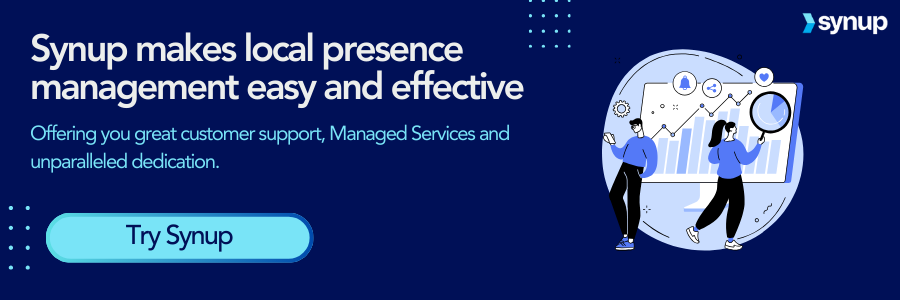
Fassen wir es zusammen
Die Optimierung Ihrer lokalen Angebote ist der Schlüssel, um von lokalen Kunden wahrgenommen zu werden. Sorgen Sie dafür, dass Ihre Informationen auf Plattformen wie Google My Business und Yelp korrekt sind, und verwenden Sie geospezifische Keywords, um ein höheres Ranking zu erzielen. Regelmäßige Updates, neue Beiträge und konsistente Geschäftsdetails signalisieren den Suchmaschinen, dass Sie aktiv und relevant sind.
Tools wie Synup machen es einfach, alles an einem Ort zu verwalten, sodass deine Inserate ohne Probleme aktuell und optimiert bleiben. Außerdem hilft es Ihnen dabei, die Leistung zu verfolgen, schnell auf Bewertungen zu antworten und die Online-Präsenz Ihrer Marke aufrechtzuerhalten, sodass Sie sich auf das Wachstum Ihres Unternehmens konzentrieren können, anstatt mit mehreren Plattformen jonglieren zu müssen.
Mit der All-in-One-Plattform von Synup wird die Verwaltung Ihrer Angebote und Beiträge optimiert und extrem einfach. Die Möglichkeit, Informationen zu aktualisieren, Beiträge zu planen und die Leistung zu verfolgen — alles an einem Ort, stellt sicher, dass Ihr Unternehmen sichtbar, aktuell und für Ihr lokales Suchwachstum optimiert bleibt.
Viel Spaß beim Optimieren! ⭐️
So optimieren Sie Ihre lokalen Angebote für Suchmaschinen-Rankings: Häufig gestellte Fragen
- Wie optimiere ich mein Suchmaschinenranking?
Um Ihr Suchmaschinenranking zu optimieren, konzentrieren Sie sich auf die Verwendung relevanter Keywords, stellen Sie sicher, dass Ihre Website für Mobilgeräte optimiert ist, und aktualisieren Sie regelmäßig qualitativ hochwertige Inhalte. Optimieren Sie außerdem lokale Angebote und erstellen Sie hochwertige Backlinks, um die Sichtbarkeit zu verbessern.
- Wie optimiere ich meinen Suchmaschineneintrag?
Um Ihren Suchmaschineneintrag zu optimieren, stellen Sie sicher, dass Ihre Unternehmensdaten auf allen Plattformen korrekt und konsistent sind, verwenden Sie relevante Keywords und aktualisieren Sie sie regelmäßig mit neuen Inhalten wie Posts und Fotos. Die Interaktion mit Bewertungen und die Verwendung strukturierter Daten tragen ebenfalls zur Steigerung der Sichtbarkeit bei.
- Wie optimiere ich für Local SEO?
Um die lokale Suchmaschinenoptimierung zu optimieren, stellen Sie sicher, dass Ihre Unternehmensdaten (Name, Adresse, Telefon) in allen Verzeichnissen wie Google My Business und Yelp konsistent sind. Verwenden Sie geospezifische Keywords in Ihren Inhalten, erstellen Sie lokalisierte Landingpages und fördern Sie Kundenrezensionen. Aktualisieren Sie Ihre Angebote regelmäßig mit neuen Beiträgen und antworten Sie auf Bewertungen, um Nutzer zu gewinnen und das Ranking zu verbessern. Stellen Sie außerdem sicher, dass Ihre Website für Mobilgeräte optimiert und für die Sprachsuche optimiert ist, um mehr lokalen Traffic zu erzielen.




